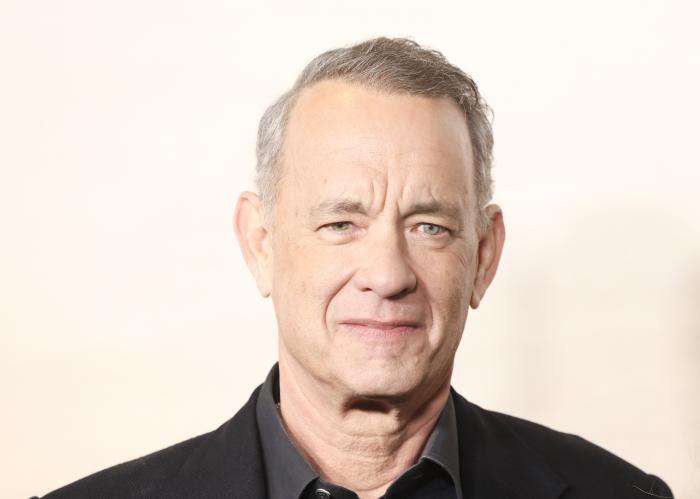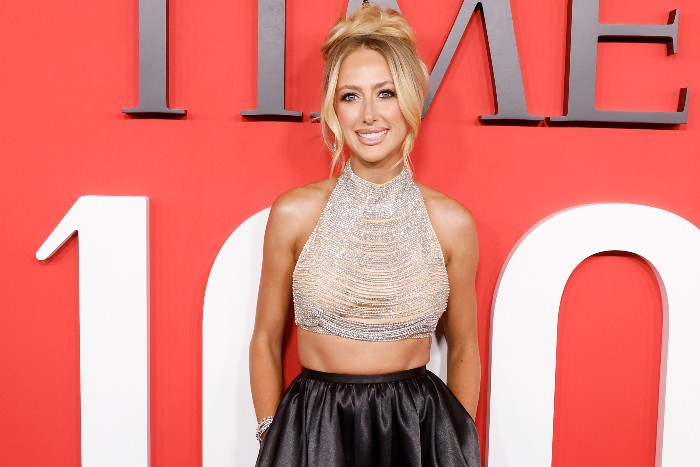

Why Do the Sitcoms We Love Have So Little in Common with the Lives We Lead?
By Dustin Rowles | TV | March 22, 2012 |
By Dustin Rowles | TV | March 22, 2012 |
Five of the best sitcoms on television this year, “Happy Endings,” “Community,” “How I Met Your Mother,” “The New Girl” and “Cougar Town” are smart, hilarious, full of self-referential and pop culture allusions; peopled with attractive, talented cast members; and built around character instead of premise. And they all feature adult characters predominantly in their 30s and early 40s who exist in remarkably close-knit, long term, closed-off, group friendships.
I share in common with most of these characters the same approximate age and socioeconomic status, and similarly situated friends, but my friendships are nothing like the characters in these sitcoms. I’m not passing judgement on them — they have every right to be unrealistic. It’s television; the medium is allowed creative license to keep us entertained. Moreover, the characters are great — the dialogue on these shows is incredibly well-written (and getting better all the time; did you see the Dermott Mulroney bits of the “New Girl” this week? Outstanding) Nor do I take issue with the co-dependent nature of many of the the character’s relationships, exactly. Given their limited scope, sitcoms have always depicted a circumscribed, hothouse of a universe, and these characters are just more ironically aware of the limited size of their pond than those on, say, “Benson.”
The question that nags at me is why is this the dominant form of friendship portrayed on TV? Why do I and whomever is making decisions about which shows get picked up on the networks (these are not uniformly successful, as three of the shows are perpetually on the bubble) feel such a strong kinship with characters whose lives have so very little in common with contemporary adult relationships?
In both college and law school, I had friend groups similar to the ones represented in these sitcoms; we were 18, or 22, or 25; we drank together, we slept around in the same circles, and we depended on each other for entertainment and emotional support. And while I suppose some of our peers might have managed to maintain these tight-knit circles of friends after school was over, don’t most people end up splintering off? Moving away for job, family, health reasons; finding partners, having kids? As we age, don’t most of us grow, indulge in new interests and passions that lead to multi-generational friendships, friendships with different groups (pub quiz friends, parents-of-kids-at-school friends, bowling friends, book group friends, work friends), some of whom may intersect, but most of whom we meet and get to know as adults?
Certainly, I keep in touch with my friends from school (Seth, for instance), and we try to get together every few years, but we all live in different places and are pursuing different things. We are not meeting up at the “Peach Pit” every evening to rehash the drama of our days. So am I missing something? Have the rest of you been able to parlay your high school and college friendships into something resembling these ensemble casts? Or are these depictions somehow idealized versions of the relationships we long to have, even as more and more of our real interactions with old — and sometimes even new — friends occur via Facebook and Twitter?
If careers and families and kid’s soccer games and the maturation process had not interfered with our lives, maybe we’d still be clinging to those friend groups, relying on them for entertainment, comfort, and constant emotional support. But is that what we want? Maybe friendships have always been challenging to portray onscreen, but the characters in older sitcoms at least had multiple platforms on which to perform their personalities and relationships. Both “Seinfeld” and “Friends” clearly fetishized the group-of-friends dynamic (the former as a band of misfits; the latter as unthreateningly cool, accessible 20-somethings). Yet over time, both shows had to develop all sorts of outside influences, characters and settings to combat the airlessness of a 4 or 6 person ecosystem.
There are great things about these shows; their racial diversity, their great dialogue, their self-aware homages to so much that has come before. And maybe we all wish we had these friendships (perhaps we all just want to go back to that comfortable place where “everybody knows [our] names”). But it would be nice to see someone try to tackle the real juggling act that so many of us experience: Maintaining and establishing many constellations of friendships, family relationships and professional obligations and managing them as we hopefully grow, develop and change over time.
More Like This
'Yellowstone' Teases Beth and Jamie Dutton's Power Struggle After the Death of John
'The Acolyte's Amandla Stenberg Got Thrown to the Wolves
The Rabbi/Goy Hookup Is Not the Most Scandalous Thing About The 'Nobody Wants This' Trailer
Middle-School Humor Meets Elder Statesman in Adam Sandler's 'Love You'
Zach Braff's 'French Girl' Brings Some Real 2004 Romcom Vibes to 2024

Tom Hanks Is Not Trying To Sell You Drugs
Three Trailers: What Happened Before Rosemary's Baby, and Zoe Saldaña In Her Own Skin
Jack White Threatens 'Fascists' In Donald Trump's Campaign With A Lawsuit
Taylor Swift Has a Brittany Mahomes Problem
'The Acolyte's Amandla Stenberg Got Thrown to the Wolves
Christina Aguilera Thinks It’s ‘Corny’ When Celebrities ‘Do Things Intentionally’ to Stay Relevant
Pajiba Love

Taylor Swift Has a Brittany Mahomes Problem
Reviews